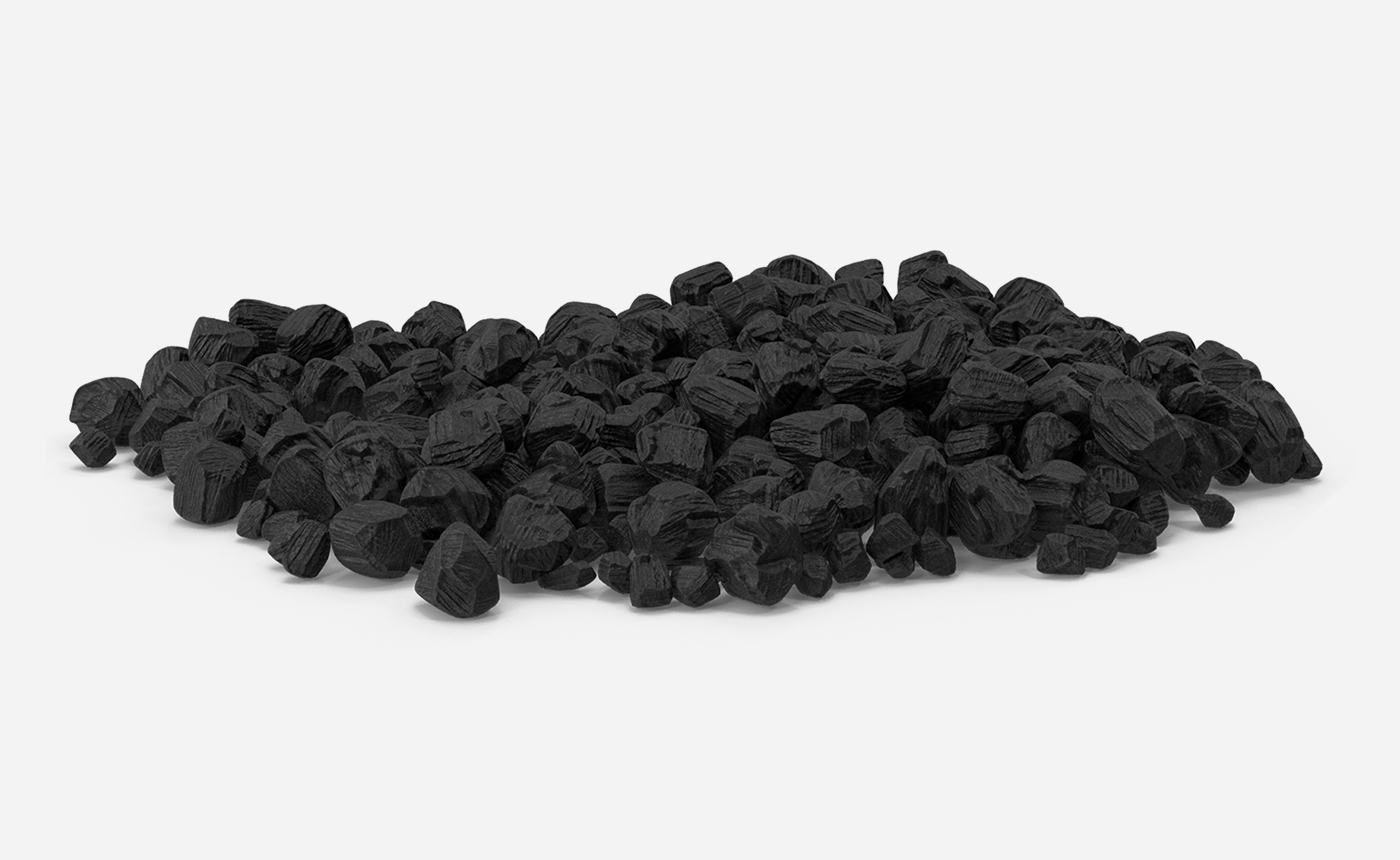Products
Choose your color for your application
Annatto Seeds
These seeds contain a reddish-orange colorant known to be primarily used in Foods but also in cosmetics, Dairy industry and textiles. Annatto trees are a native tree to the amazon basin found in Latin America, Africa, the Caribbean and Even Asia.
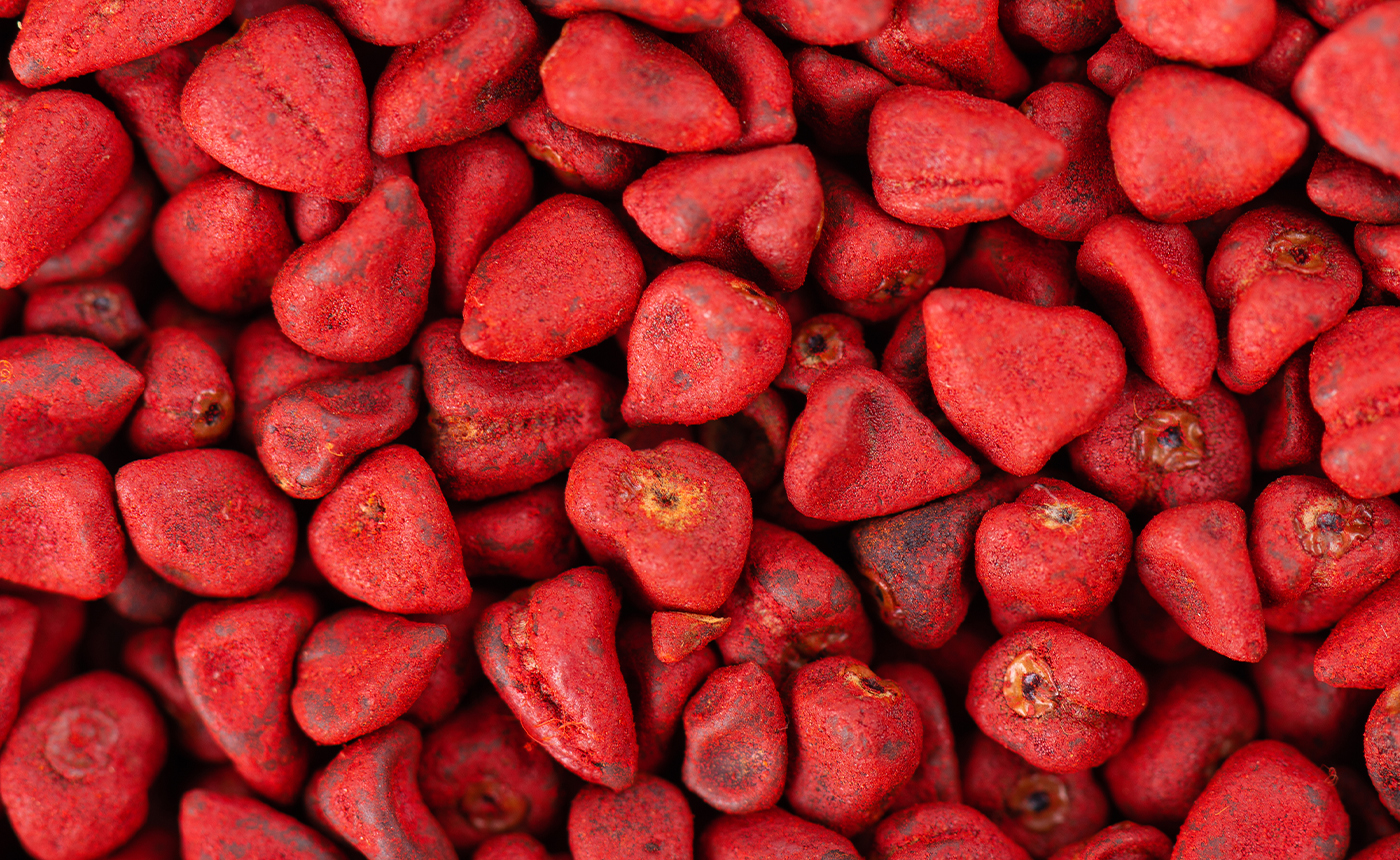
Bixin & NorBixin
Annatto colorants are derived from annatto seeds that grow on a tree called Bixa Orellana. The Bixa Orellana tree is known as Annatto or as ‘Achiote’ in large parts of South America and as ‘Urucum’ in Brazil.
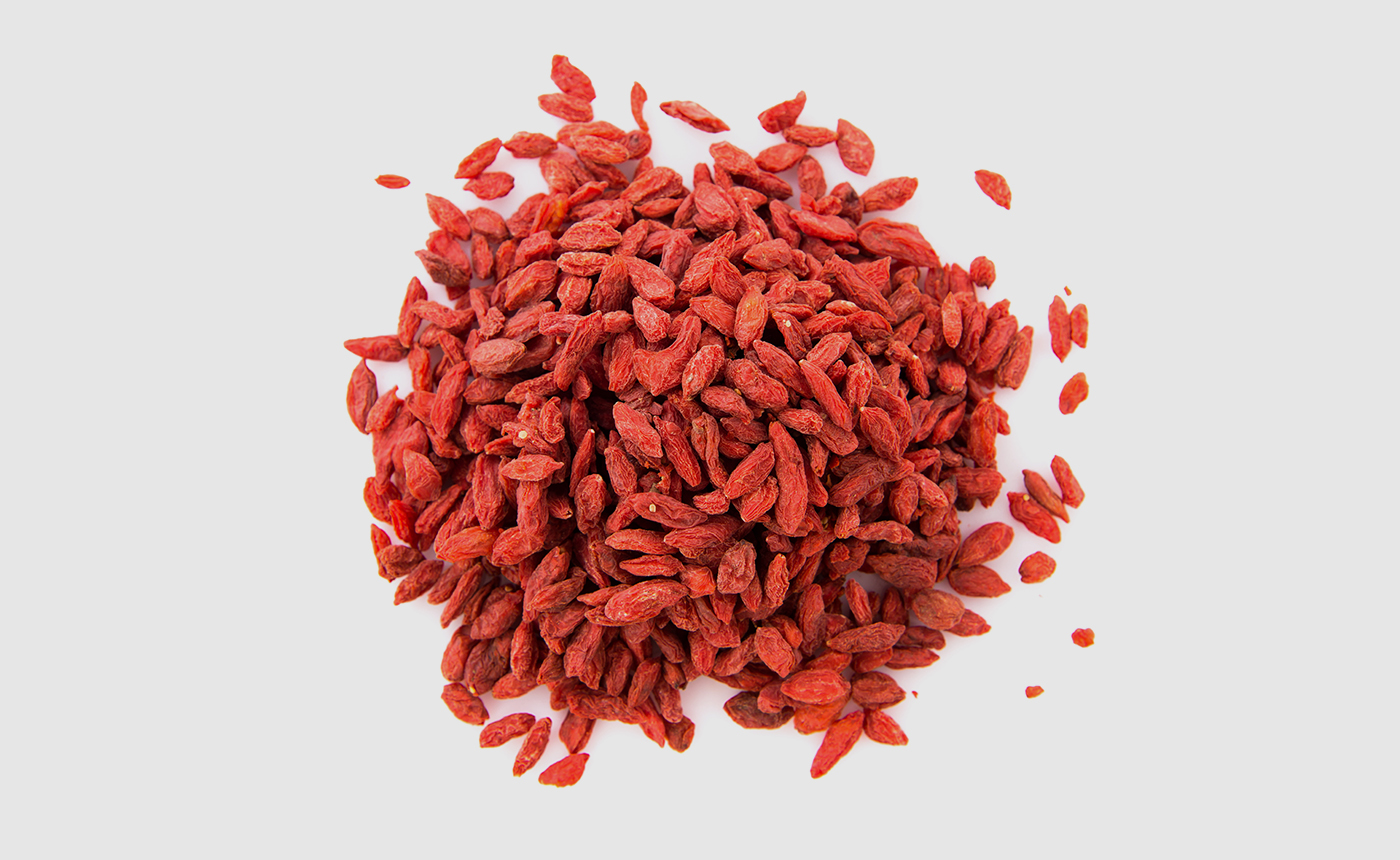
Cartenoids
The Paprika colorant is often used in beverage, processed food and tomato applications as the colorant is heat, water and pH stable.
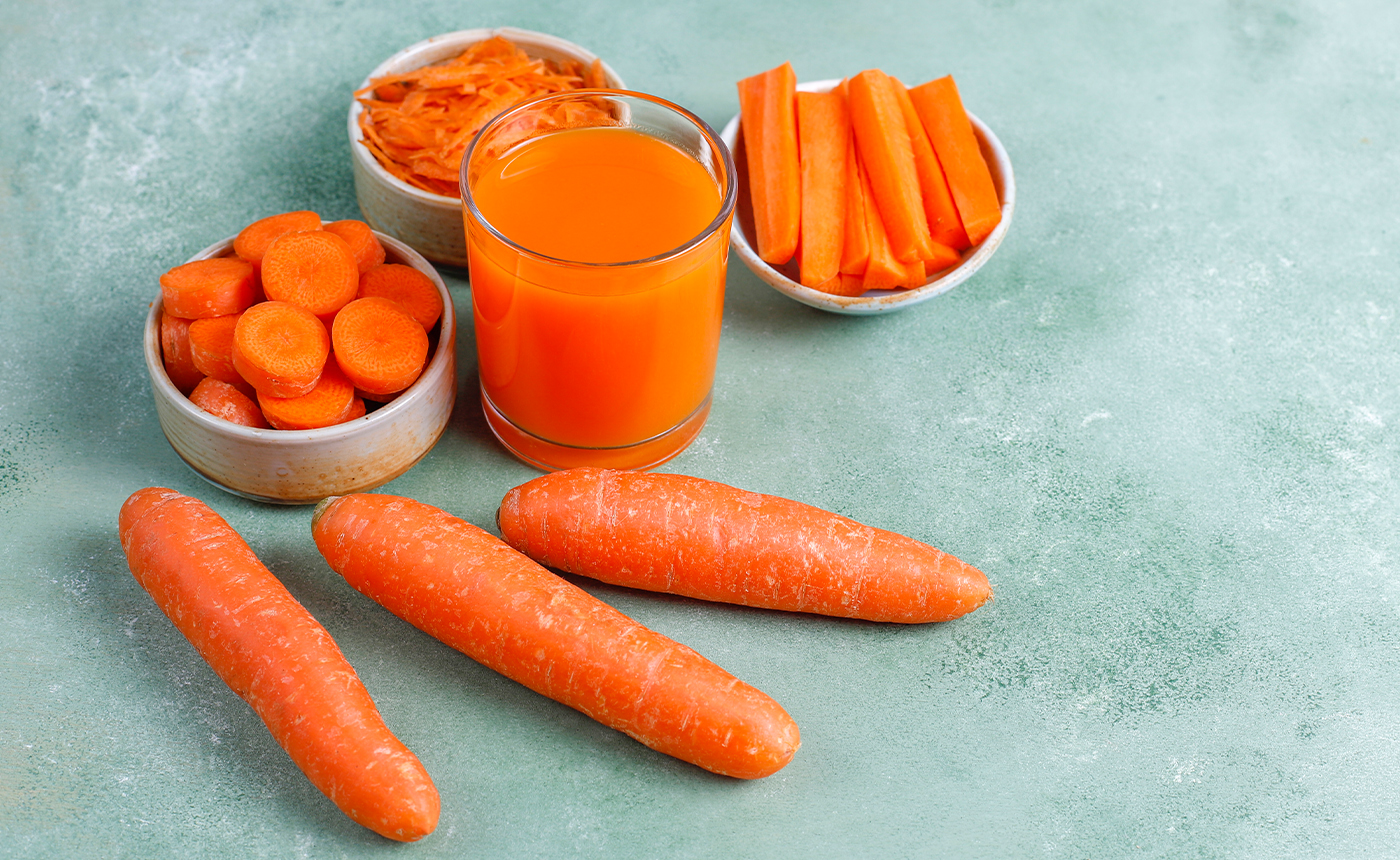
Phycobilins
Spirulina (Arthrospira platensis) is a blue-green algae that grows naturally in freshwater. Spirulina has an extensive track record as a food supplement in many cultures.
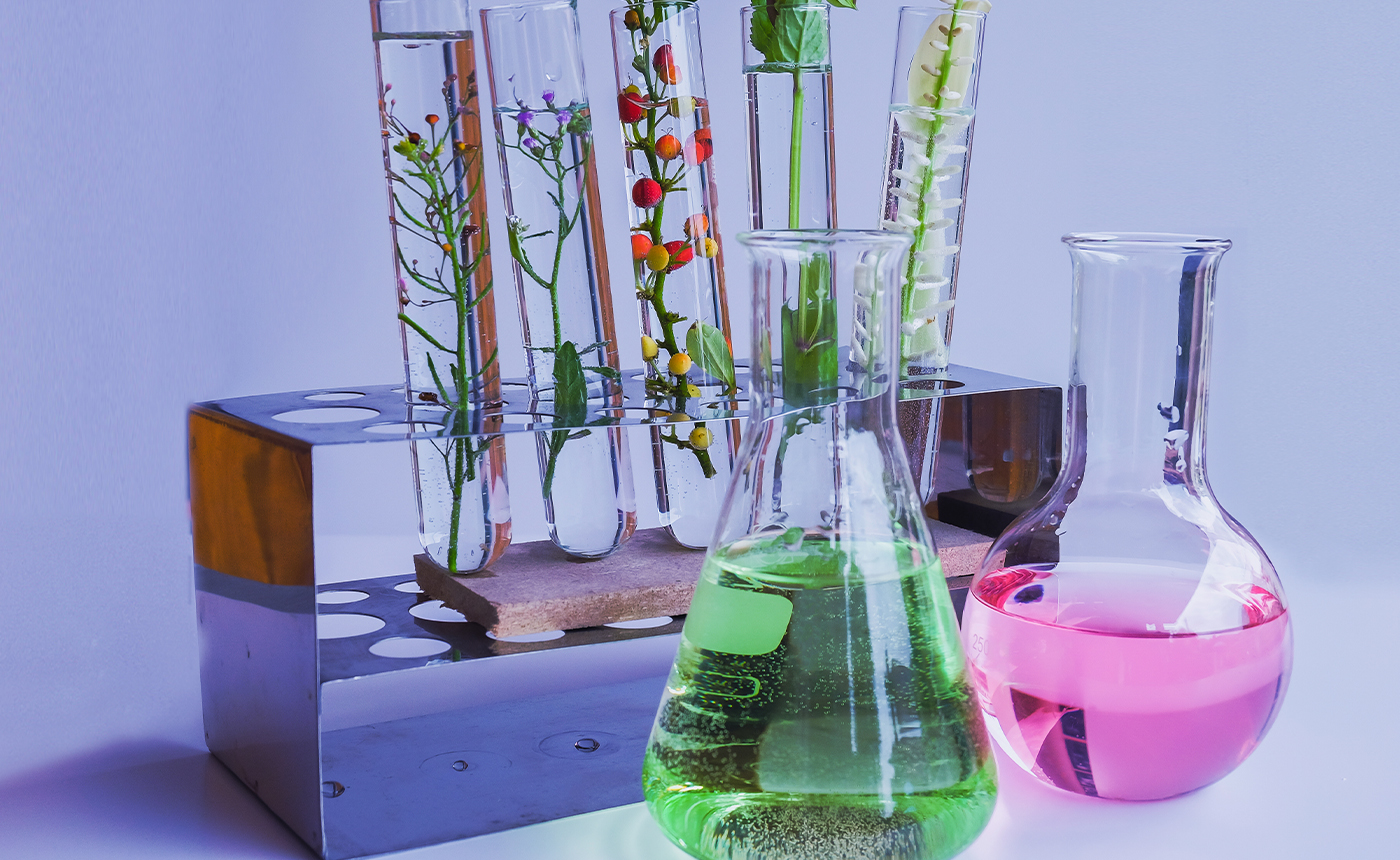
Chlorophyll
Chlorophyll is extracted from green plants that are dried before solvent extraction. Solvent extraction results in an oil soluble product which is standardised with vegetable oil.
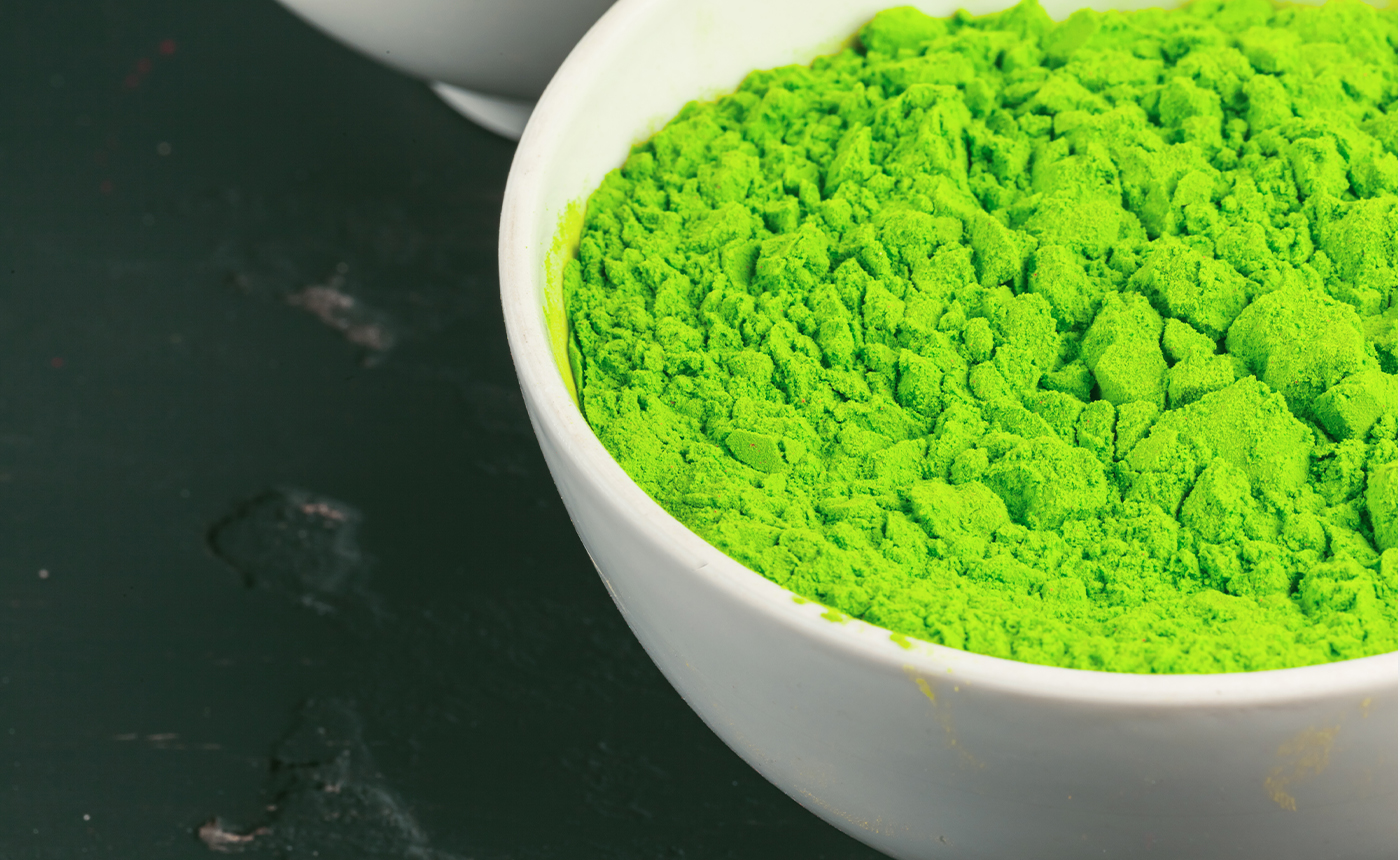
Carmine
The use of Carmine/ Cochineal dates to the early 1400’s and is extracted from Cochineal (Dactylopius coccus) and soon became an important export for multiple countries.
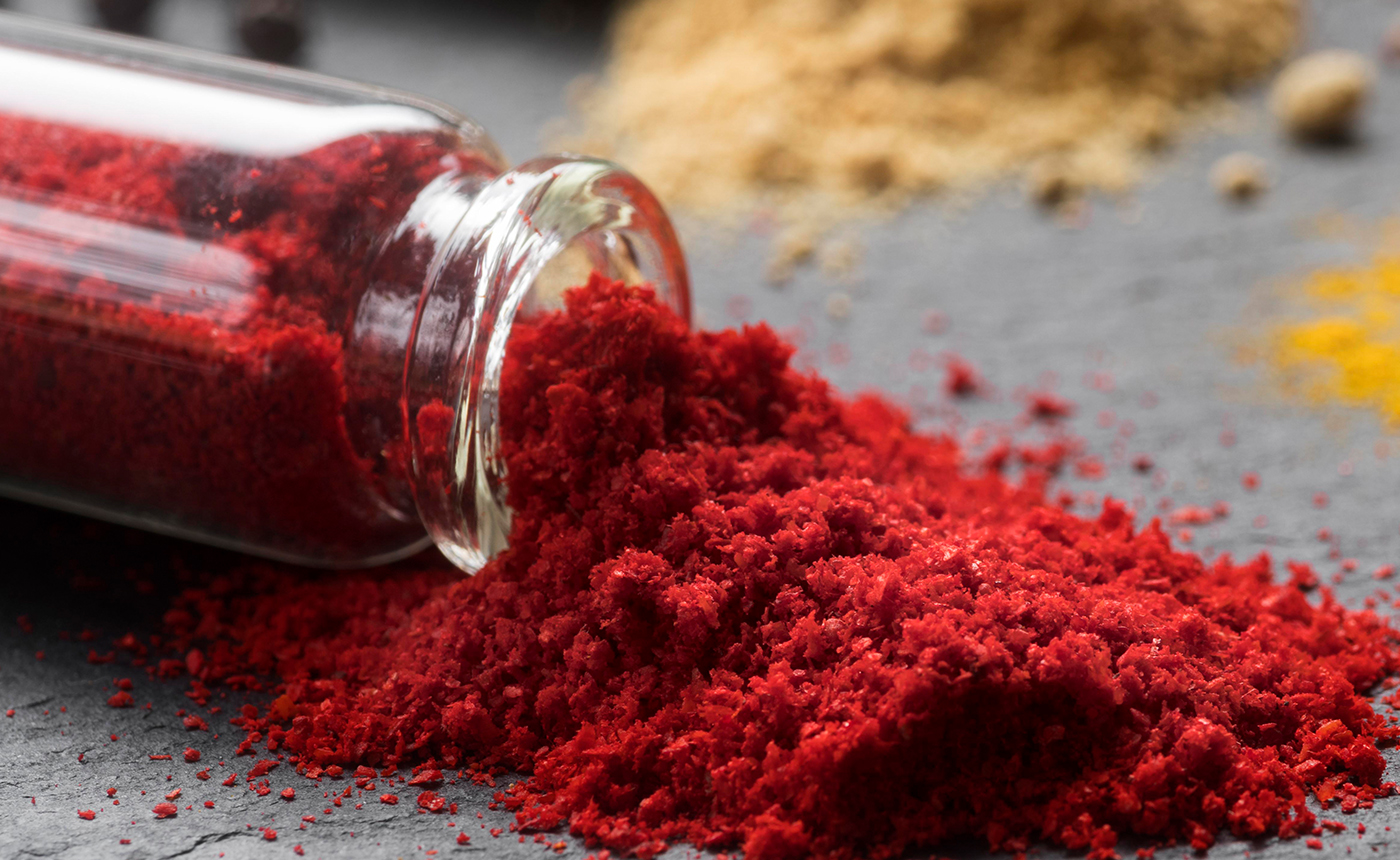
Curcumin
Curcumin is the principal curcuminoid of the popular Indian spice turmeric. The curcuminoids are natural phenols that are responsible for the yellow colour of turmeric.
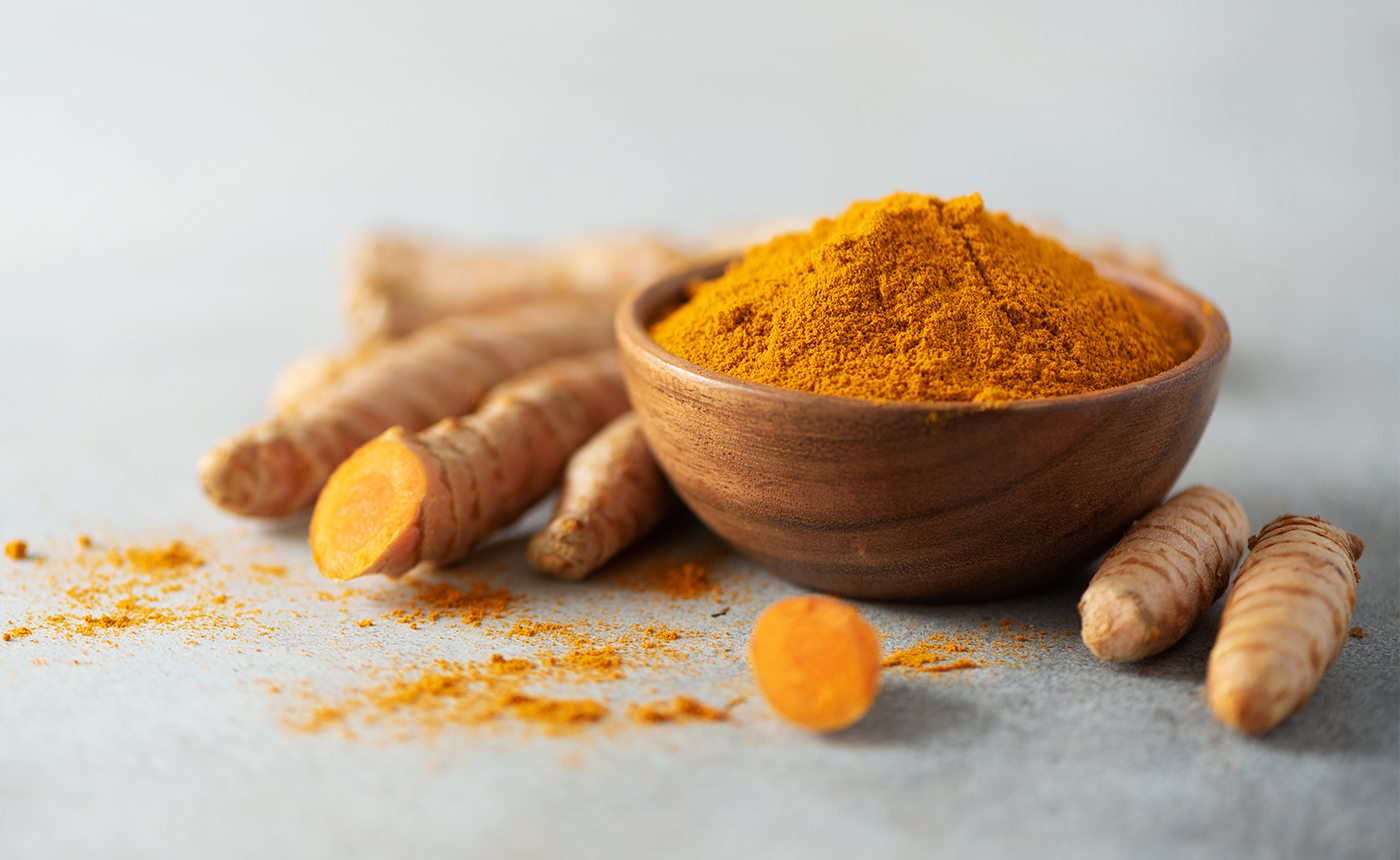
Betanin
Betanin is the most important colouring compound in red beet juice. The colour of betanin depends on pH; between four and five it is bright bluish-red, becoming blue-violet as the pH increases.

Anthocyanin
Anthocyanins are found in a wide range of flowers, fruits and vegetables and are responsible for their red to purple colours. The shades exhibited by anthocyanins are dependent on pH, with the colour changing from red through purple to blue as pH increases.
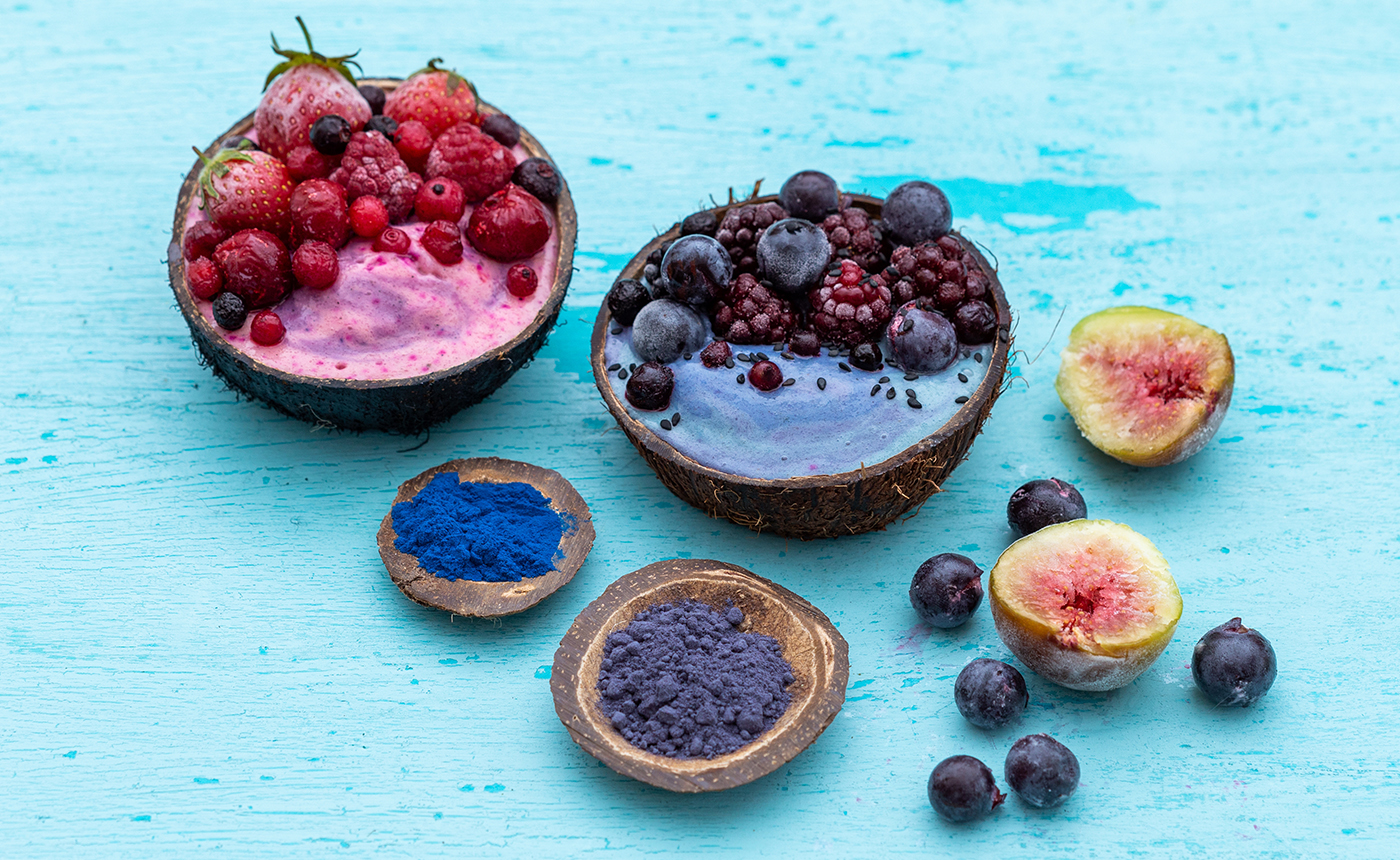
Saffron Extracts
Since its aromatic compound, Saffranal, is volatile and delicate in nature, special care is taken during the extraction process. This unique extract is red in colour, with a slightly sweet, hay-like flavour.
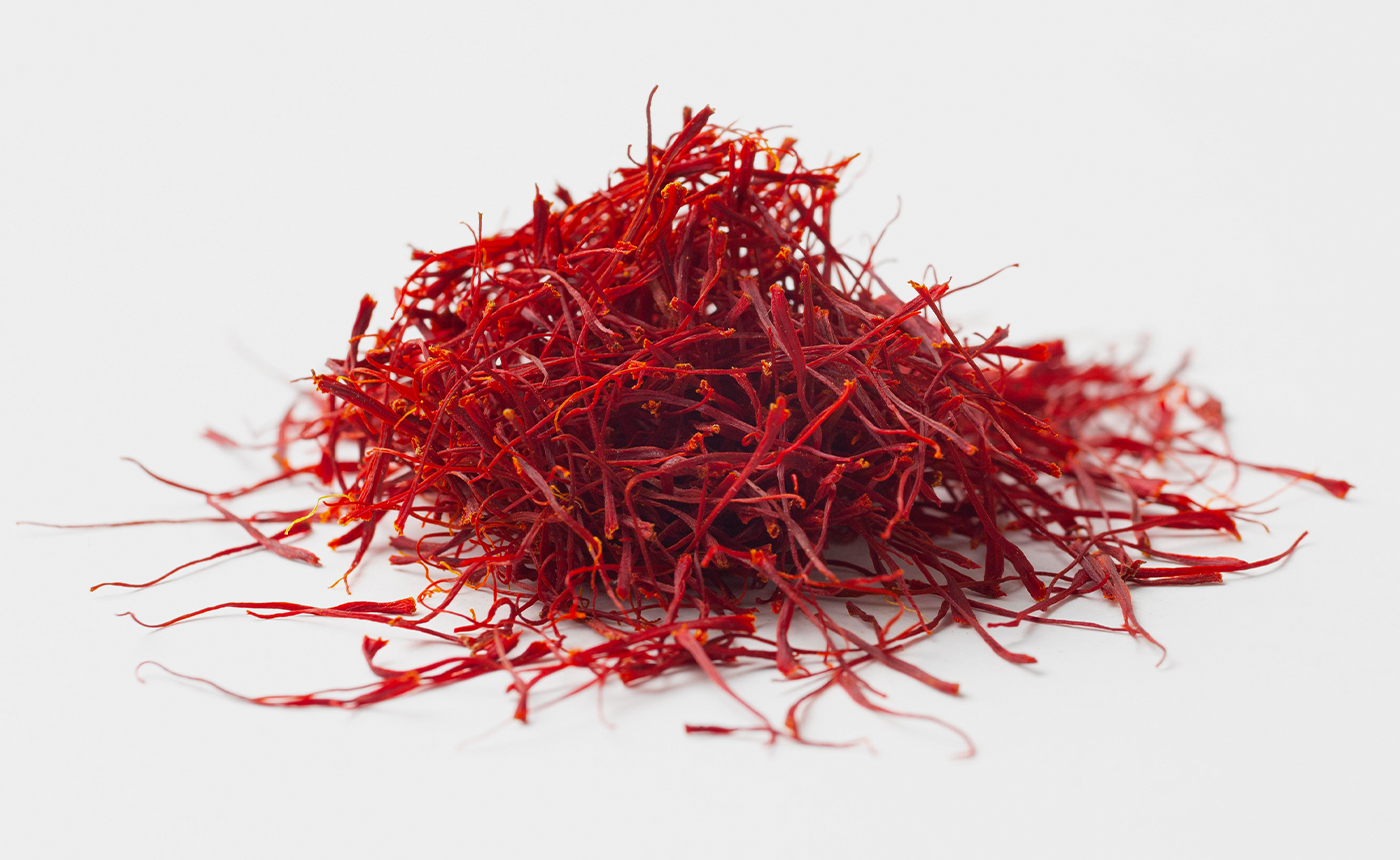
Vegetable Carbon
Vegetable Carbon (Carbon black) is made from fine particles of carbonized vegetable material, obtained through steam activation of vegetable fibres like e.g. peat, nut shells, wood and cellulose residues
